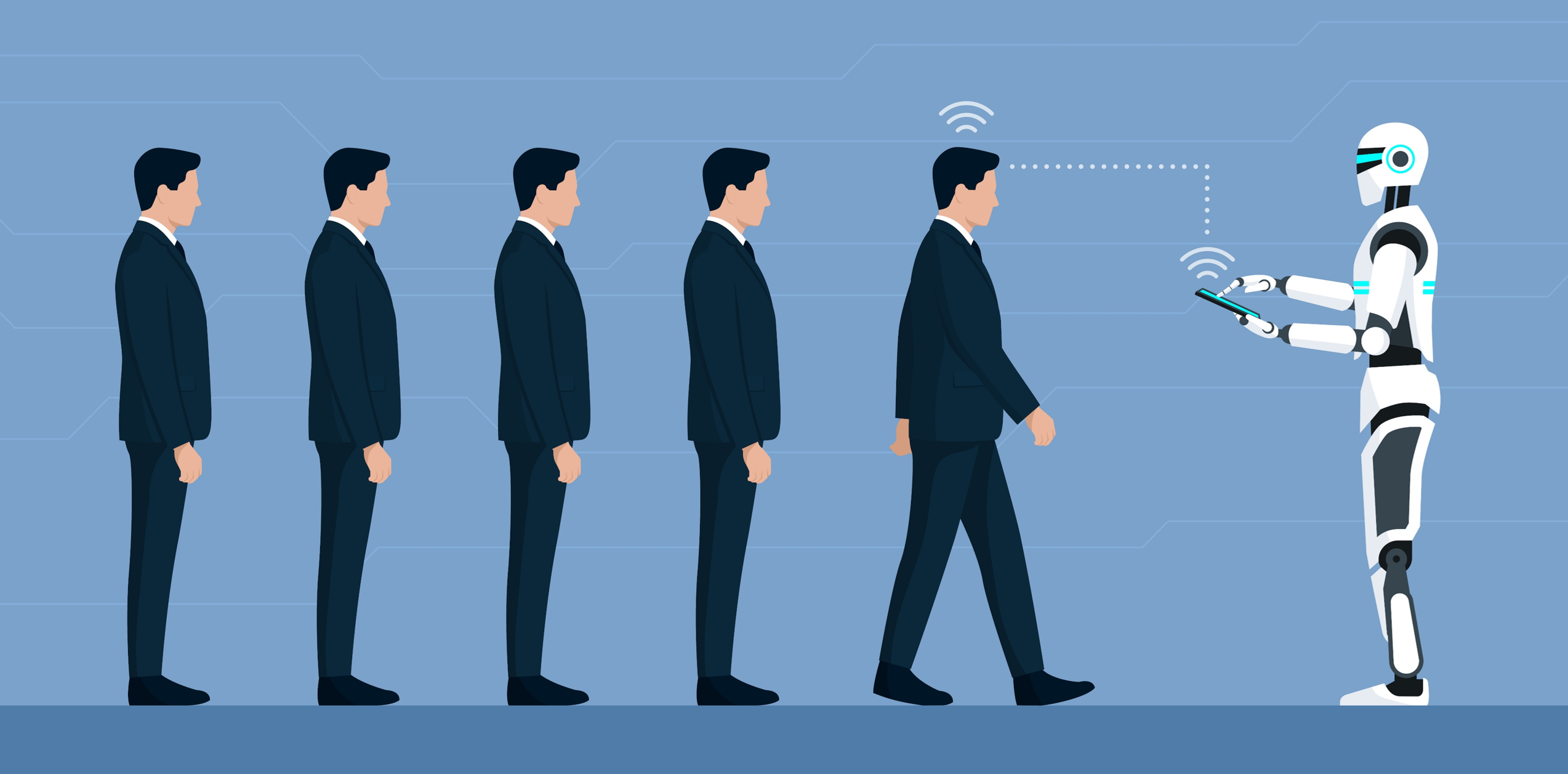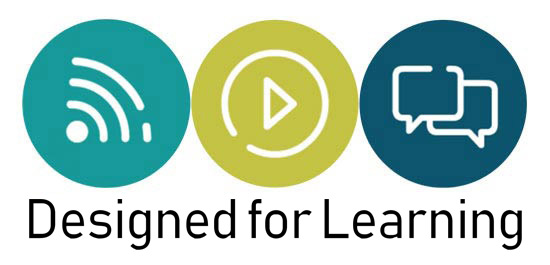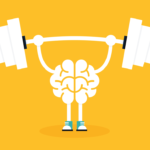
06 Jan Learning outcomes or aha! moments?
I’ve worked in the information, knowledge and learning space for many years and I’m still surprised by how limited people’s understanding is of the mechanisms of learning. The first erroneous assumption is that is learning is about the retention of information. It isn’t, unless you are in school swotting for an exam. Even then, most good assessments would test understanding, not retention of facts. The second assumption is that by presenting information to a group of learners (for example in an e-learning module) they will all go away having learnt the same thing. They haven’t. In fact our brains are especially good at not remembering stuff. They have to be otherwise they would be overloaded with useless information. For some really helpful insights into our forgetting machine read ‘The Forgetting Machine‘ by Rodrigo Quian Quiroga.
In practice most of the information that comes our way, whether we read a book, watch a video or complete an e-learning course is lost or at least retained for only a relatively short period of time. Real learning occurs when we add new stuff to stuff we already know and ironically this process works best the more we know. So thinking back to that group of learners, some will ‘learn’ more than others either because they already know more or because they have paid specific attention to certain things that are relevant to them.
Because of this, learning is always highly personal. Everyone will learn something slightly different having attended the same class or completed the same online course. This can make writing learning outcomes tricky. Will everyone have the same outcome? Probably not.
Recently I came across some articles discussing enabling outcomes versus terminal outcomes. The idea is that the enabling outcomes support the ultimate learning outcome – the terminal or performance outcome. This idea resonated with me in that I believe that not all learning outcomes are necessarily equal. Some are more important than others. So I have been experimenting with cascaded learning outcomes. At the top is the golden outcome – one learning outcome that all the others are supporting. It’s the one outcome amongst all the others that you’d want a learner to have achieved.

In general though I’m not a big fan of learning outcomes, or at least with the idea that every learner will go away having learnt exactly the same stuff. I believe people have aha! moments and predicting these is impossible since these moments will depend on the learner’s prior knowledge, their level of curiosity, and ultimately their desire to learn. Klas Mellander founder of the business simulations company Celemi talked a lot about aha! moments (see the The Power of Learning) rather than formal learning





Sorry, the comment form is closed at this time.